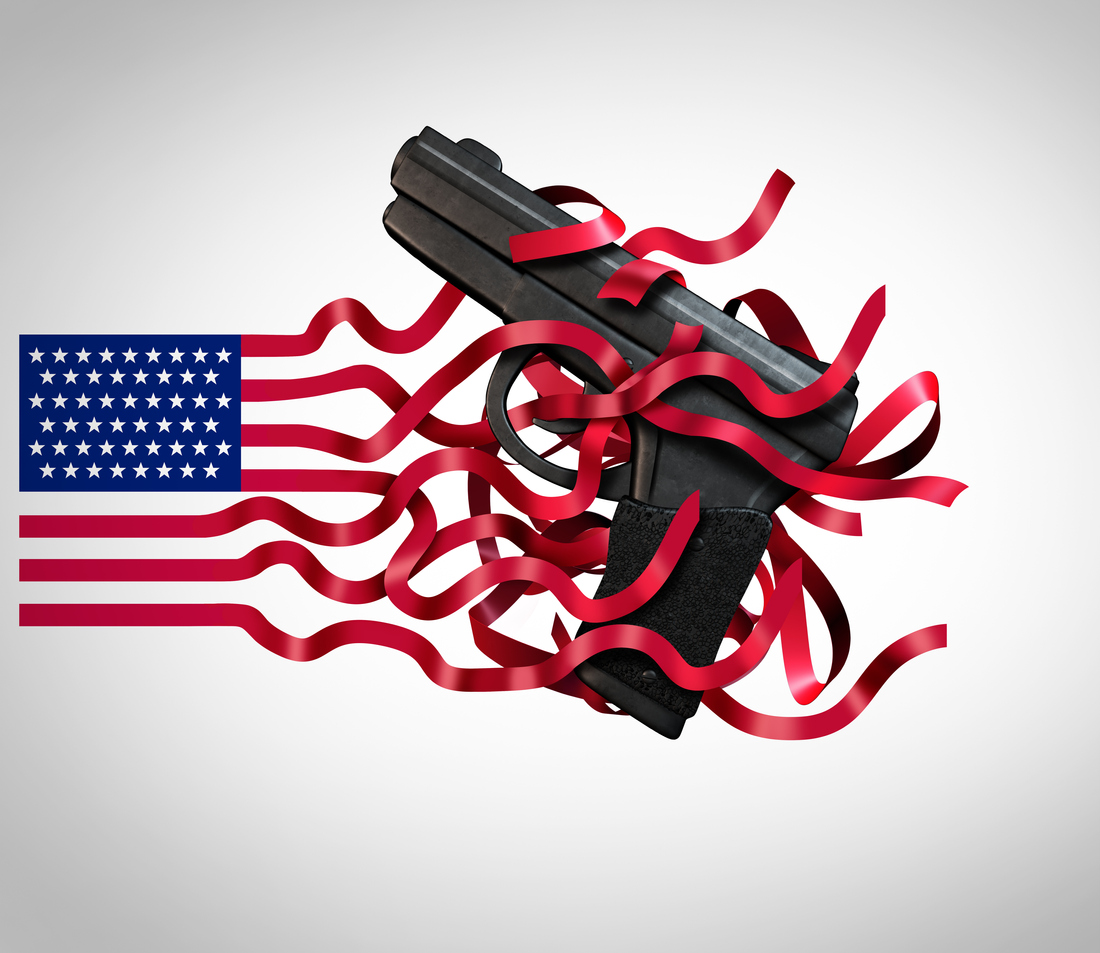
On July 4th 2023, the people of Highland Park, Illinois will be celebrating Independence Day. They will also be dealing with the Anniversary Event of a Mass Shooting that took the lives of seven people and wounded another 48 as they watch their 4th of July parade last year.. How will they and so many in other towns and cities across the country who have faced violence and mass shootings deal with the reality of Anniversary Events.
We have learned that in the aftermath of traumatic events, the unconscious has an uncanny sense of timing and the body remembers.
- “I was anxious all day – I didn’t realize until night that it was the 4th Anniversary of my son’s death in Iraq.”
- “There’s something about the feel of the air and the angle of the sun on days before 9/11 that trips me and I’m crying with those images of the devastation and horror.
- A Dad held his little daughter’s First Communion picture with pain as the anniversary of the Uvalde School Massacre approached.
The Anniversaries of Traumatic events carry with them the pain of remembering and the promise of finding a way to go on. Much like the impact of trauma itself- they won’t let us forget until we find a way to remember on our own terms.
What are Anniversary Reactions?
Whether you have faced a personal trauma, a natural disaster, the horrors of a mass shooting or a catastrophe like 9/11, you may find yourself experiencing anniversary reactions. These may include feelings of anxiety, fear, anger and guilt; bodily symptoms including problems with sleep, fatigue, concentration and startle response; traumatic memories, flashbacks, grief and sadness tied to the date of the traumatic event but experienced in the present. These are common. They may be experienced for days or weeks before and after the anniversary dates.
As one 9/11 widow described “ The feelings of anxiety and sadness used to start in July – this year they didn’t start until the last week of August.”
Why Do I Have These Reactions?
What you are experiencing makes sense physically and psychologically. Trauma, catastrophe and devastating loss cannot be integrated in a day. The recovery process involves remembering and mourning as well as connection with the present and future as a way to move forward. Many see the reactions to the Anniversary Event as the body and mind’s way of stopping, re-visiting and taking in what happened – perhaps in a safer place with more and more resilience.
How Do You Handle These Reactions?
Don’t be afraid to share – Sharing your reactions, be it with others who have experienced the trauma, spiritual groups, bereavement groups, family, even on-line support groups, is a way of validating and normalizing them. It normalizes feelings to hear that others are also steeling themselves for the date, feeling somewhat overwhelmed, or feeling sadness and loss on or around that day.
Don’t judge yourself – People are often worried if they feel worse than they had the year before.
“What’s wrong with me?”
The Road Out of Trauma
The road out of trauma is rarely a straight one and everyone moves at their own pace. Too often those suffering as well as others fail to account for the “unevents.” These are the challenges we privately face after loss of a loved one when the funeral is over, people go home and the press stops carrying the story.
It may be five years after Katrina when the possibility of re-building is still unknown or twenty years after 9/11 when a bride misses the father she dreamed would walk her down the aisle.
Help the Children and the Teens
Children and teens need support in coping with Anniversary Events. Events that offer them an option suited to their age be it writing letters to loved ones, sending off balloons tied with messages or attending a family memorial can be invaluable for them.
Teens particularly need the option of coming together with family and friends, but often with the option to mourn and remember on their own terms.
Anniversary Reactions Are Indicators Of Great Pain As Well As Great Love.
Remember in Your Own Way – Choose how and why you want to commemorate a traumatic event. Choose whether you want to bear witness to the event publicly, watch media clips of the event, gather with others who have suffered, share treasured memories or take a step back to remember in your own private way.
Reach for Protective Factors
Factors that serve to mitigate the physical and emotional pain of anniversary reactions involve:
- Self-Care – moderation of media exposure and attention to body safety – sleep, eating, exercise, relaxation.
- Freedom to commemorate and grieve on one’s one terms.
- Connection with others.
- Recognition and use of personal resilience traits like intelligence, spirituality, creativity, prayer, contemplative practices music and social networks of support.
- Use of professional guidance to support recovery if needed.
The Promise of Anniversary Events
In addition to bearing witness to the unthinkable and memorializing the traumatic loss of loved ones and life as it once was, Anniversary events are about affirming that no matter what is in the path there is a future worth walking towards.
Anniversary Events bear witness to another year of courage shown and hope embraced.
Suzanne B. Phillips Psy.D., ABPP, CGP, FAGPA is the Host of “Psych Up Live” on The Variety Channel of Voice America. She is a licensed Psychologist, Psychoanalyst, Diplomate in Group Psychology, Certified Group Therapist, Distinguished Fellow and Co-chair of Community Outreach for the American Group Psychotherapy Association (AGPA).





